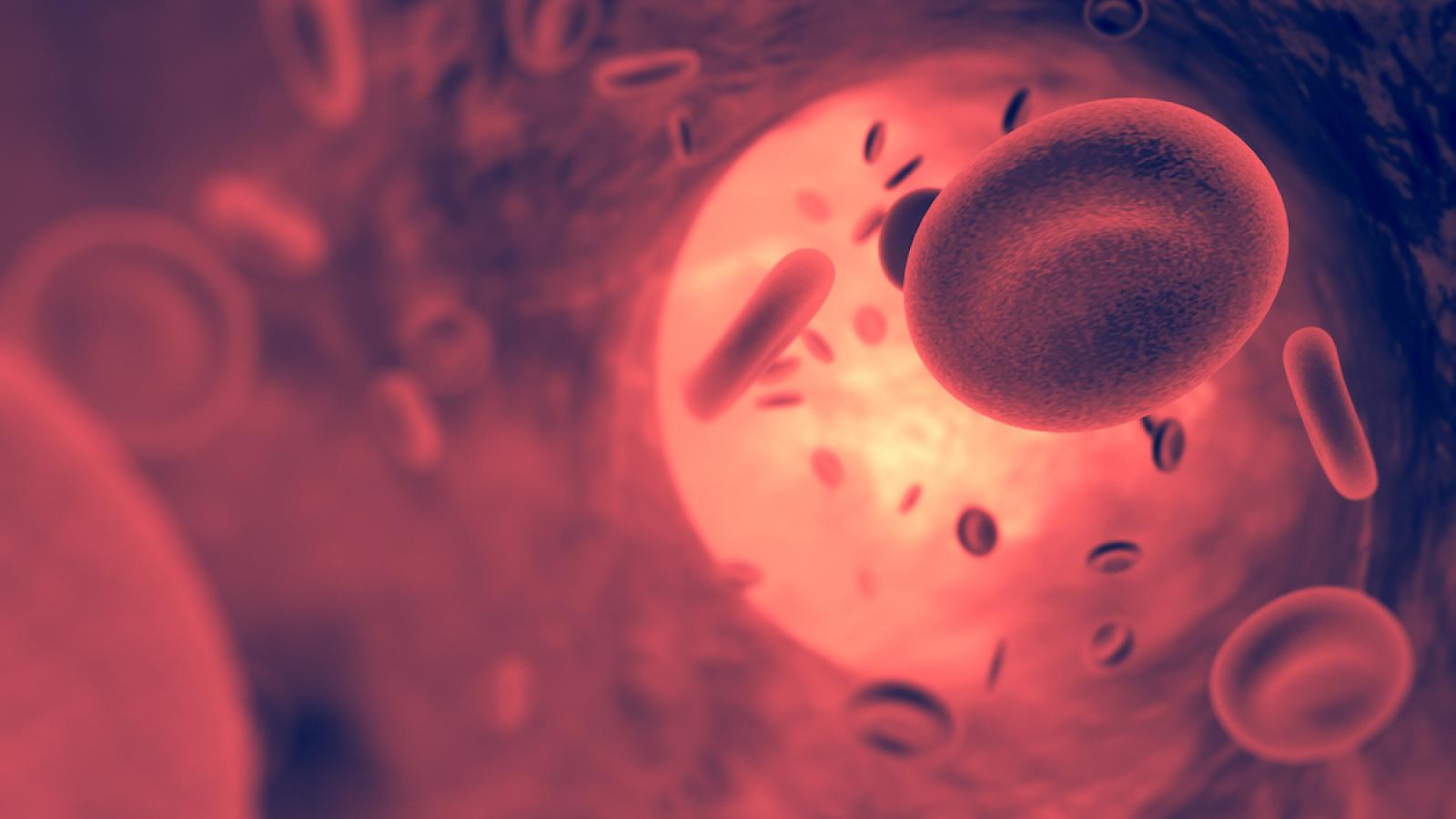A new mouse study led by Prof David Attwell (BHF-UK DRI Centre for Vascular Dementia Research) has found that a repurposed drug could reverse the effects of the decrease in brain blood flow that occurs in early Alzheimer’s. The research, published in Nature Neuroscience, could lead to new treatment strategies for Alzheimer’s and other neurodegenerative conditions involving reduced brain blood flow, such as vascular dementia.
What was the challenge?
In early Alzheimer’s, blood flow to affected areas of the brain is reduced by up to 45%. Previous research led by Prof Attwell has revealed that this decrease in blood flow is caused by amyloid beta evoking contraction of capillary pericytes, which are cells around the walls of capillaries. This contraction causes cells in the blood to get stuck at sites where capillaries are constricted, further contributing to the restriction of blood flow, and leading to low oxygen levels in the brain tissue.
This study highlights the potential of repurposed drugs, like nimodipine, to reverse early brain blood flow issues in Alzheimer's, offering a promising path to mitigate disease progression.
Centre Director
What did the team do and what did they find?
In this study, Prof Attwell and his team treated mice with nimodipine – a drug approved for use to treat a type of bleeding in the brain known as sub-arachnoid haemorrhage – over an extended period. Nimodipine works by blocking calcium channels, which prevents pericytes from contracting and, in turn, increases blood flow in the brain.
In the mice treated with nimodipine, brain blood flow was increased by 30-50%, cells were prevented from getting stuck in narrowed blood vessels, and hypoxia in brain tissue was greatly decreased compared to the control group. The researchers went on to test whether nimodipine works in the same way in human cortical tissue. They found that the drug prevented pericyte contraction, and should therefore increase capillary diameter and decrease hypoxia, as in mice.
What is the impact?
Lack of oxygen in brain tissue leads to dysfunctional neuronal activity, contributing to the progression of Alzheimer’s. This study shows that a drug already approved for use could be an effective treatment strategy to combat this aspect of early Alzheimer’s. The same approach may also be useful in vascular dementia, as evidenced by the LACI trials, led by Prof Joanna Wardlaw, which are testing two repurposed drugs to treat a type of stroke caused by a blockage in blood vessels deep in the brain.
Prof Attwell said:
"This study highlights the potential of repurposed drugs, like nimodipine, to reverse early brain blood flow issues in Alzheimer's, offering a promising path to mitigate disease progression. In future, it may be possible to treat people affected by Alzheimer’s with a combination of drugs targeting amyloid beta and tau, together with therapies aimed at increasing blood flow in the brain. In addition, these findings may have wider implications for other diseases involving a reduction in brain blood flow, such as vascular dementia."
Reference: Korte, N., Barkaway, A., Wells, J., Freitas, F., Sethi, H., Andrews, S.P., Skidmore, J., Stevens, B. & Attwell, D. (2024) Inhibiting Ca2+ channels in Alzheimer’s disease model mice relaxes pericytes, improves cerebral blood flow and reduces immune cell stalling and hypoxia. https://www.nature.com/articles/s41593-024-01753-w
Banner image: Shutterstock/Michelangelus

